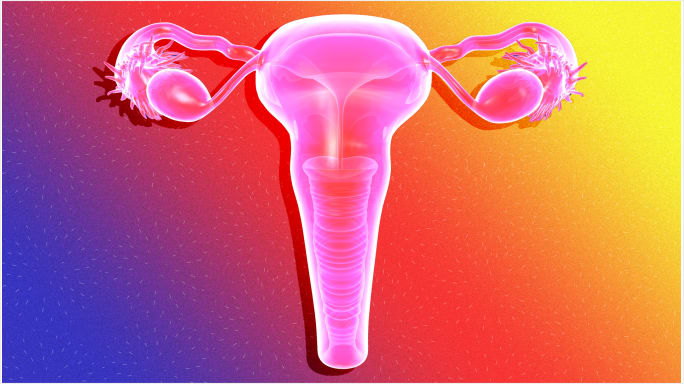Let’s set the record straight: You absolutely can obtain a sexually transmitted disease or infection from oral sex. While some may choose to commit to their personal beliefs about what constitutes sex and what doesn’t, oral sex is medically defined as a sexual activity that puts people at risk for certain STDs and STIs.
According to the American Sexual Health Association, chlamydia, gonorrhea, and syphilis are the three most common STIs one can give or get through oral sex. The catch? If you’ve been infected, you may not notice any obvious signs or symptoms. You can only be certain of an infection-free body if you get tested.
What steps should you be taking to avoid STDs and STIs during oral sex? Here are four places to start.
1. Talk to Your Partner
While these conversations can feel awkward, they are necessary for practicing safe sex. Things to discuss include your sexual history, history of STIs, and protection. This talk can also help ease into the topic of what your partner enjoys the most, allowing for optimal pleasure for both of you with open communication as a part of your intimacy.
2. Use Barrier Methods
To lower your chances of getting (or giving) an STI during oral sex, use a condom, dental dam, or other barrier methods. Of course, one can only guarantee not getting an STI by abstaining from oral sex – or be in a long-term, mutually monogamous relationship.
3. Seek Out Testing (and Treatment)
Often there will be no signs or symptoms for those infected with an STI, so it’s important to get tested, especially after unprotected sex or sexual activity with a new partner (or more than one partner).
Your general healthcare provider can aid you, but often times there are free clinics in your area as well. The beauty of technology allows you to Google phrases such as “STI testing near me.” STD testing centers, STD clinics, and Planned Parenthood are three types of places that might show up in your geographic location.
Or, check out this site where you can receive a long list of free and low-income health clinics based on your state. There are also national organizations that provide services or phone numbers to call for help.
4. Look for More Information
The Internet is your friend. There are dozens of wonderful clinics and organizations that have credible information on STDs, STIs, and everything in between. While there are a lot of myths floating around the web, do your research and figure out the reliable sites (.org, .edu) from the inaccurate blogosphere.
While it might feel like a hassle to remind yourself of the necessary safety precautions, it’ll be worth it in the long run. If you’re responsible and mature enough to being participating in sexual activity, then it’s important to be responsible and stay informed on the possible risks.
Cover image courtesy of Shutterstock.




comments